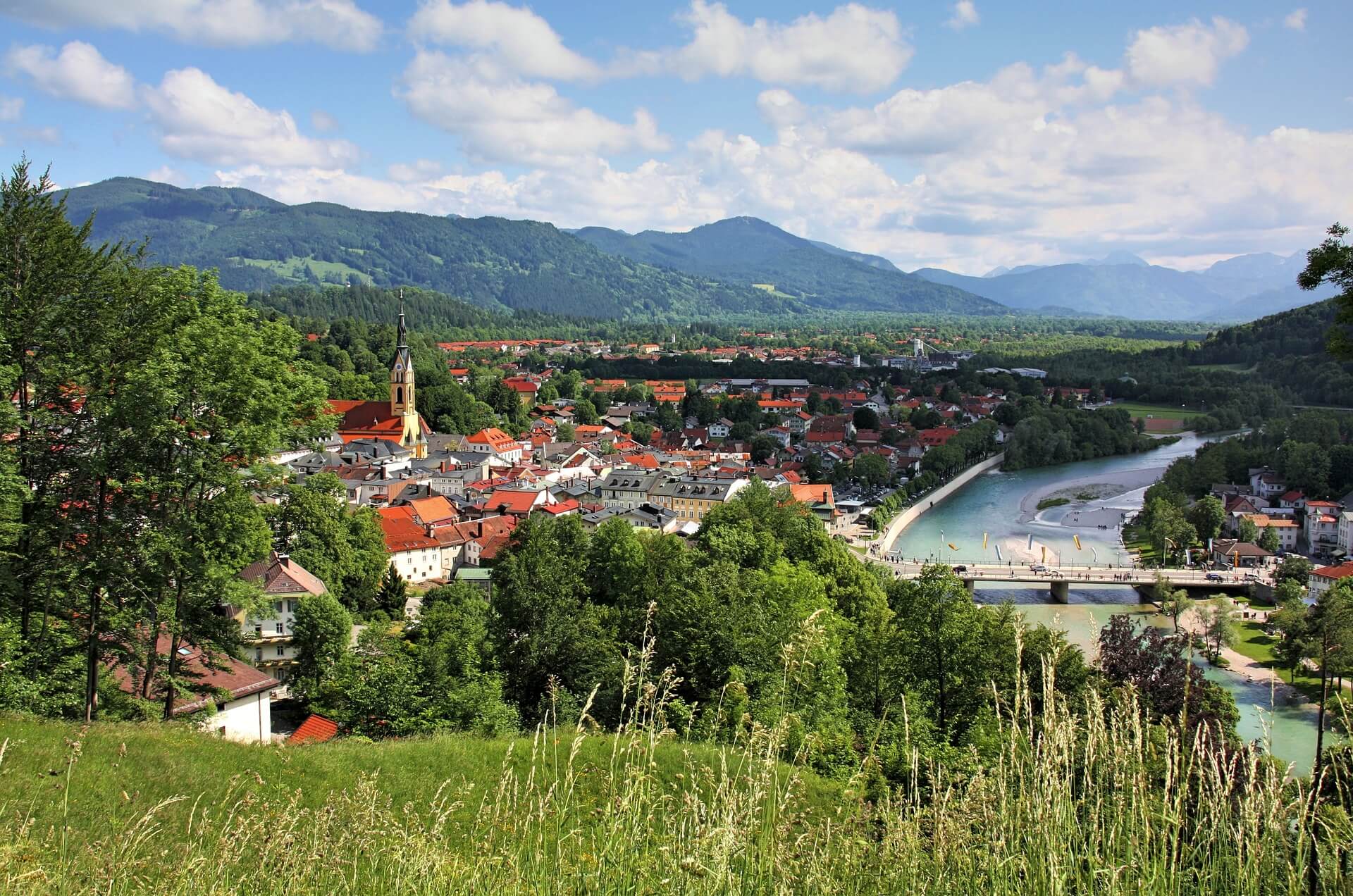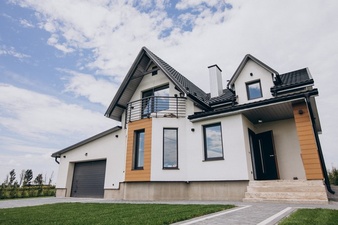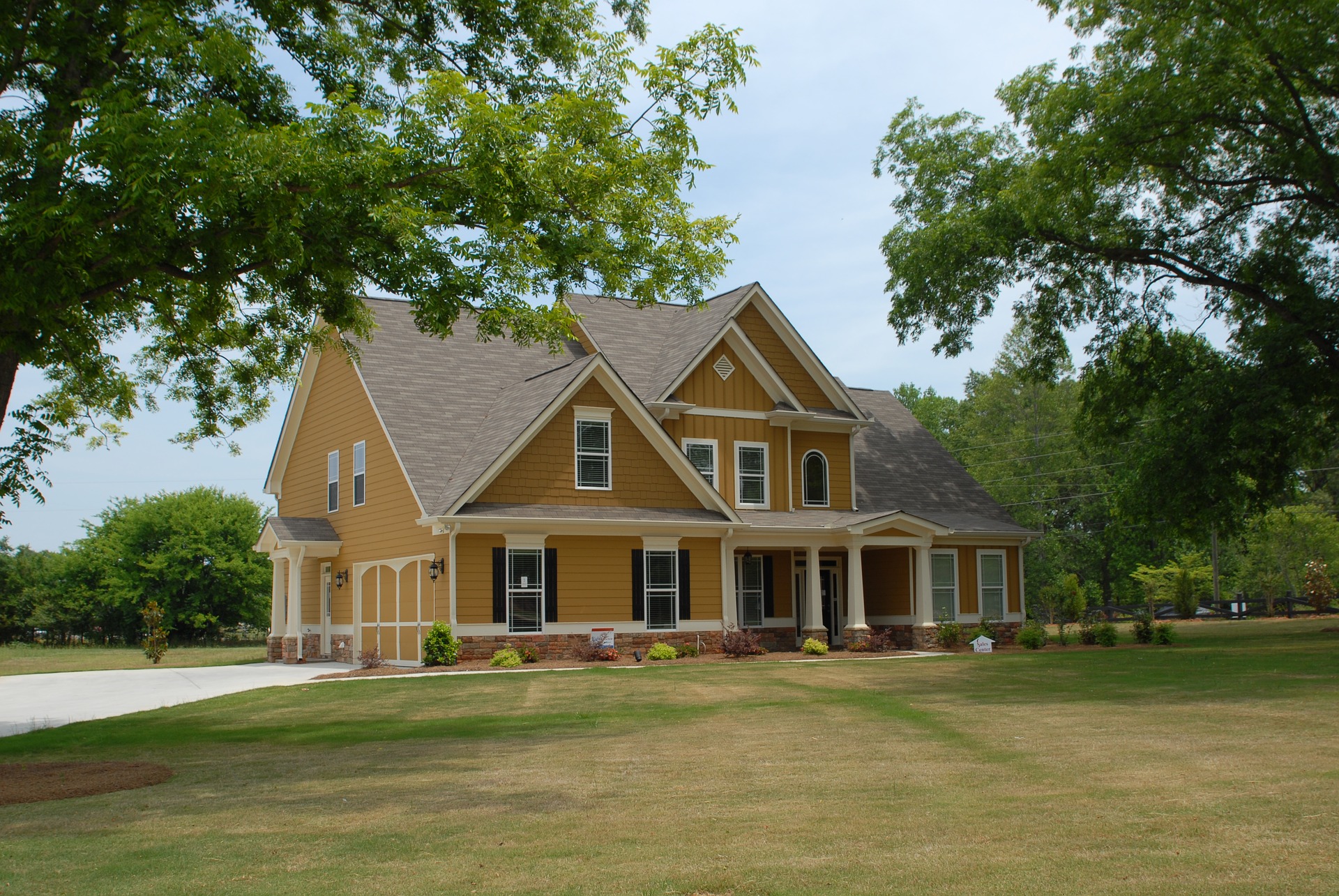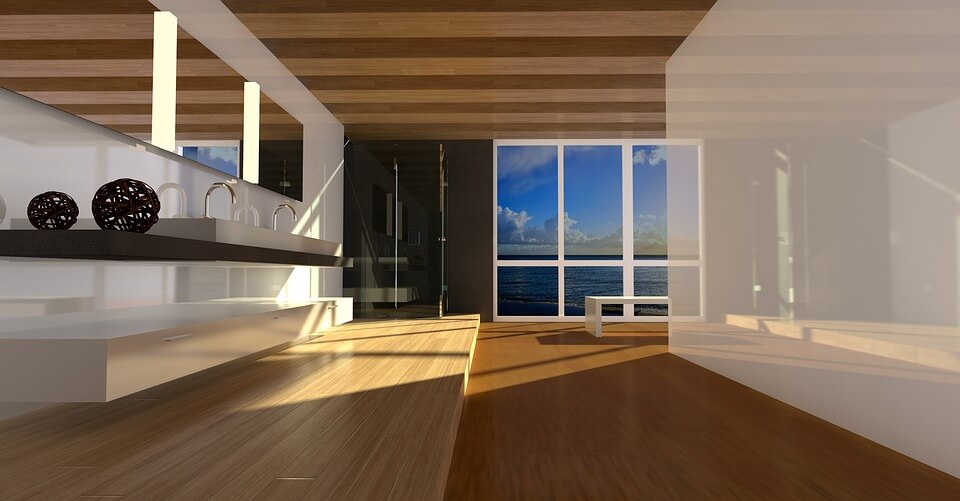They say that moving home is one of life’s most stressful events. However, to make the process as streamlined as possible, we have compiled a quick-moving home checklist in collaboration with Yopa so you don’t have to worry about forgetting vital items when making the leap into the wild blue yonder.
6 weeks before the move :
Plan how you are going to move. If you need to hire a van, decide whether you want to load it yourself or whether you want a professional packing crew. Vehicles tend to get booked up rather quickly, so make a reservation well ahead of time.

If you do decide to move your items yourself, you will need to get boxes and gradually get everything packed. Clear the loft, clear any rubbish you have, and make sure that every item that you take to your new home is something that you need or want to keep. Expect several trips to the local charity shops or to the local tip.
4 weeks before the move :

Now is the time to inform various suppliers that you will be moving house. Utilities, mobile phone companies, banks, and care providers need to be told, as does your local council and employer. If you can arrange a continuation of service to your new home, great – it will make the move so much simpler. Don’t forget to update various websites, especially those that deliver (Amazon and eBay in particular!). You can also arrange for the Royal Mail to redirect your post from a specific date.
You also want to consider emptying your freezers and fridges and gradually eating all the items in them. Make sure you also get everything from the back of the cupboards. The average British home only has a few weeks’ worths of supplies so prepare for some interesting meal combinations over the next few weeks – tomato soup with peas, anyone?
1 week before the move :

Pack, pack, pack! You need more boxes, packing tape, bin bags and everything else than you ever thought possible. Work your way through all your items, packing up the least used first and saving the major stuff for last. On the day itself, you definitely don’t want to have to do any packing apart from the few items that you need to function.
2 days before the move :
Prepare a travel bag with two days’ worth of clothing and the toiletries that you’ll need. In addition, check around and make sure that you haven’t left anything in the garden, the shed or the loft. All of these places can result in last-minute panics if you don’t take care of them in advance. Your house should mostly be boxes with only large items remaining.
It’s moving day! :
By now, everything should be packed, so all you have to do is move your earthly possessions into the vehicle. If you’ve paid for a moving and packing service, just sit back and relax – it’s being done for you. Once everything is out, vacuum the floors, pick up your travel bags, drop the keys off (if necessary) and head to your new home.
Don’t forget to order a takeaway when you get there — unpacking is hard work, and if you arrive there late, you might want to crawl into a sleeping bag and have a good snooze. Perhaps have a bottle of champagne on ice too…
Read Also :






















